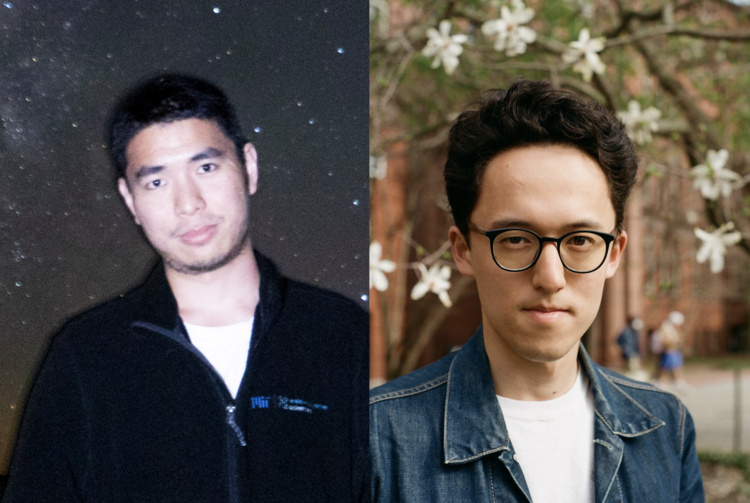
Cog Lunch: Sihan Chen "Explaining language structural complexity from sociopolitical complexity" and Thomas Clark "Computationally Characterizing Aphasia"
Description
Sihan Chen: "Explaining language structural complexity from sociopolitical complexity"
Societies in the world broadly fall into two categories: exoteric (open) vs. esoteric (close-knit), differing in such as population size, mobility, and communication with outsiders (Wray & Grace, 2005). It has been hypothesized that languages spoken by people living in exoteric societies tend to be more complex in syntax, whereas languages associated with those living in esoteric societies tend to be more complex in morphology. However, to the best of our knowledge, there has not been a comprehensive, quantitative test of this hypothesis. In this talk, we will report preliminary results of an analysis on linguistics and sociopolitical features of various societies from four databases. We found that generally consistent with the hypothesis, languages in exoteric societies tend to have more complex syntax, whereas languages in esoteric societies are more likely to have more complex morphology. Our results add to the growing body of literature on how external, non-linguistic factors, could influence language complexity in different domains, challenging the traditional school of thought that human languages are mainly driven by internal factors.
Thomas Hikaru Clark: "Computationally Characterizing Aphasia"
Aphasia is a language disorder mainly caused by damage to the brain from stroke or neurodegenerative disease. In this talk, I present some early ongoing work on characterizing aphasia computationally based on the AphasiaBank dataset of interviews with aphasia patients. Better characterization of the linguistic output of people with aphasia, and how it differs across aphasia subtypes and from healthy controls, can potentially shed light on the nature of the impairment, lead to better data-driven diagnosis, and identify aspects of language that are particularly challenging for aphasia patients. I present exploratory analyses characterizing utterances from people with aphasia based on predictors such as syntactic complexity, surprisal, and phonotactic probability and describe next steps in this project.
Zoom link: https://mit.zoom.us/j/8796050369

